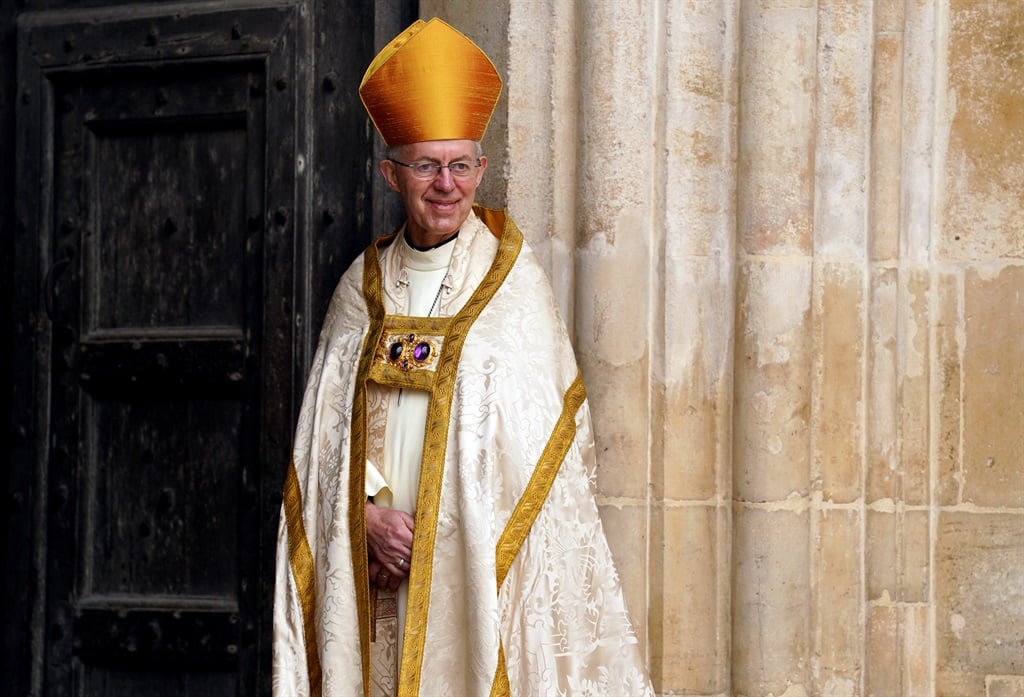atom: The basic unit of a chemical element. Atoms are made up of a dense nucleus that contains positively charged protons and uncharged neutrons. The nucleus is orbited by a cloud of negatively charged electrons.
economics: The social science that deals with the production, distribution and consumption of goods and services and with the theory and management of economies or economic systems. A person who studies economics is an economist.
field: An area of study, as in: Her field of research is biology. Also a term to describe a real-world environment in which some research is conducted, such as at sea, in a forest, on a mountaintop or on a city street. It is the opposite of an artificial setting, such as a research laboratory.
hypothetical: An adjective that described some hypothesis, or proposed explanation for a phenomenon. In science, a hypothesis is an idea that must be rigorously tested before it is accepted or rejected.
information: (as opposed to data) Facts provided or trends learned about something or someone, often as a result of studying data.
particle: A minute amount of something.
philosophy: (adj. philosophical) A field of research where people investigate the nature of basic truths, knowledge and codes of social behavior. A philosopher might, for instance, search for “the meaning of life,” “what is truth” or “how people should select between two good or equally bad options that are offered to them.” People who perform research in this field are known as philosophers.
physics: The scientific study of the nature and properties of matter and energy. Classical physics is an explanation of the nature and properties of matter and energy that relies on descriptions such as Newton’s laws of motion. Quantum physics, a field of study that emerged later, is a more accurate way of explaining the motions and behavior of matter. A scientist who works in such areas is known as a physicist.
quantum: (pl. quanta) A term that refers to the smallest amount of anything, especially of energy or subatomic mass.
quantum theory: A way to describe the operation of matter and energy at the level of atoms. It is based on an interpretation that at this scale, energy and matter can be thought to behave as both particles and waves. The idea is that on this very tiny scale, matter and energy are made up of what scientists refer to as quanta — miniscule amounts of electromagnetic energy.
scenario: A possible (or likely) sequence of events and how they might play out.
subatomic: Anything smaller than an atom, which is the smallest bit of matter that has all the properties of whatever chemical element it is (like hydrogen, iron or calcium).
superposition: (in quantum physics) The ability of some minute subatomic-scale particle to be more than one place at the same time. It has to do with particles in the quantum world having the weird capacity to exist in all possible states (or positions) at once. (in geology) An understanding that unless subsurface strata of soil and rock have been disturbed somehow, the age of the materials will get successively older with depth.
theory: (in science) A description of some aspect of the natural world based on extensive observations, tests and reason. A theory can also be a way of organizing a broad body of knowledge that applies in a broad range of circumstances to explain what will happen. Unlike the common definition of theory, a theory in science is not just a hunch. Ideas or conclusions that are based on a theory — and not yet on firm data or observations — are referred to as theoretical. Scientists who use mathematics and/or existing data to project what might happen in new situations are known as theorists.
thought experiments: Mathematical analyses of ideas, situations or events. They are not based on real-world tests in a lab or the environment. They instead use numbers and relationships between mathematical operations to test whether something can or will happen. This is also known as theoretical research.











/https://tf-cmsv2-smithsonianmag-media.s3.amazonaws.com/filer_public/d1/82/d18228f6-d319-4525-bb18-78b829f0791f/mammalevolution_web.jpg)








Discussion about this post